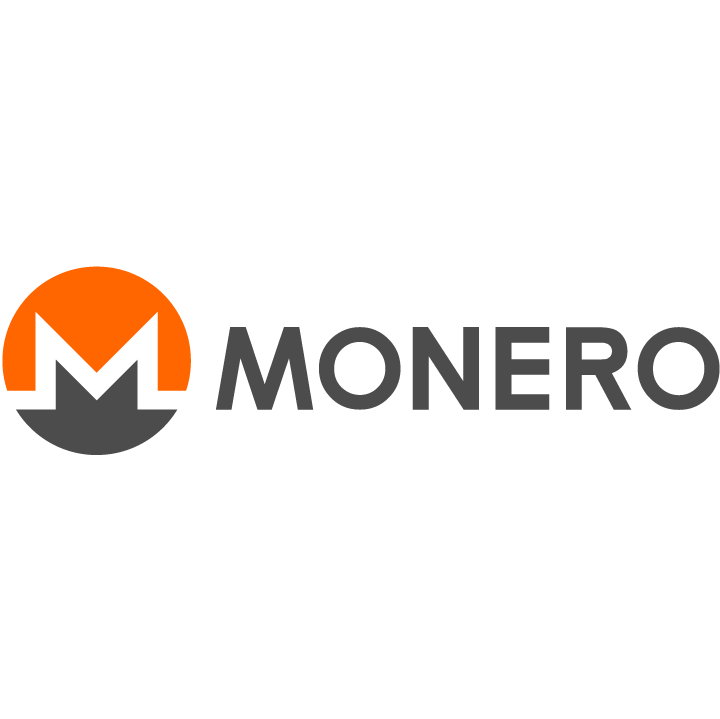The use of Monero in the healthcare industry and protecting patient data
In recent years, the healthcare industry has been an attractive target for cybercriminals due to the wealth of sensitive information that it holds. From personal information such as names, addresses, and social security numbers, to medical records and financial information, healthcare organizations store a wide range of sensitive data that can be used for nefarious purposes. In this context, the use of cryptocurrencies such as Monero can provide an added layer of protection for patient data. We will explore the use of Monero in the healthcare industry and how it can protect patient data.
Monero, a cryptocurrency introduced in 2014, stands out for its superior privacy and anonymity features when compared to popular cryptocurrencies like Bitcoin. It achieves this by using a combination of ring signatures, stealth addresses, and confidential transactions. Ring signatures allow for the creation of a signature that is linked to a group of users, making it impossible to determine which user actually signed the transaction. Stealth addresses make it difficult to link a transaction to a specific user, and confidential transactions obscure the amount of cryptocurrency being sent.
These characteristics make Monero a compelling choice for the healthcare sector, given its critical emphasis on safeguarding patient data, privacy, and security. In the healthcare sector, strict adherence to an array of federal and state regulations is mandatory to secure patient data. Notably, the Health Insurance Portability and Accountability Act (HIPAA) plays a pivotal role in regulating the handling and disclosure of protected health information (PHI) within the United States.
Monero can play a critical role in protecting ePHI by making it difficult for cybercriminals to trace the movement of cryptocurrency associated with a data breach. In traditional data breaches, cybercriminals may demand a ransom in exchange for the return of stolen data. In many cases, they will demand payment in cryptocurrency, such as Bitcoin, because it is difficult to trace. However, Bitcoin transactions are still publicly available on the blockchain, which means that it is possible to trace the movement of funds. This can be problematic for healthcare organizations, as it may make it easier for cybercriminals to identify who paid the ransom and which data was stolen.
In contrast, Monero transactions are much more difficult to trace, making it a more secure option for healthcare organizations. Monero uses a ring signature system to obfuscate the sender’s identity, which makes it much harder to trace the origin of a transaction. This makes it much more challenging for cybercriminals to identify who paid the ransom and which data was stolen. In addition, Monero’s confidential transaction feature means that the amount of cryptocurrency being sent is obscured, making it more difficult for cybercriminals to determine the value of the ransom.
Another benefit of using Monero in the healthcare industry is that it can help to protect patient privacy. The healthcare industry is highly regulated, and organizations must comply with numerous federal and state laws and regulations to protect patient data. One of the key regulations is HIPAA, which requires covered entities to implement appropriate administrative, physical, and technical safeguards to protect the confidentiality, integrity, and availability of ePHI.
Monero can help to protect patient privacy by making it more difficult for unauthorized parties to access patient data. In traditional data breaches, cybercriminals may steal patient data and sell it on the dark web. However, with Monero, it is much more difficult for cybercriminals to monetize the stolen data. This is because Monero transactions are much more difficult to trace, which means that cybercriminals may find it challenging to find buyers for the stolen data.
Furthermore, the use of Monero can also help to protect patient privacy by making it more difficult for third-party companies to collect and analyze patient data for commercial purposes without the patient’s consent. In many cases, third-party companies may collect and analyze patient data without the patient’s knowledge or consent, which can raise significant privacy concerns. However, with Monero, it is much more difficult for third-party companies to access and analyze patient data, which can help to protect patient privacy.
In addition to protecting patient privacy, the use of Monero can also help to reduce the risk of identity theft. Identity theft is a significant concern in the healthcare industry, as it can result in financial loss, reputational damage, and legal liability. In many cases, cybercriminals may use stolen patient data to commit identity theft, which can be difficult to detect and prevent.
With Monero, it is much more difficult for cybercriminals to monetize stolen patient data, which can help to reduce the risk of identity theft. In addition, Monero’s ring signature system and stealth addresses make it much more challenging for cybercriminals to identify the origin of a transaction, which can make it more difficult for them to steal patient data in the first place.
However, there are also potential drawbacks to the use of Monero in the healthcare industry. One of the main concerns is that Monero may be more difficult to use than other cryptocurrencies, such as Bitcoin. This is because Monero’s privacy features make it more challenging to track and trace transactions, which can make it more difficult for healthcare organizations to comply with regulatory requirements.
In addition, there are concerns that the use of Monero may raise red flags with regulators, who may view the use of privacy-focused cryptocurrencies as a potential indicator of illicit activity. This could result in increased scrutiny and regulatory action against healthcare organizations that use Monero.
Despite these concerns, the use of Monero in the healthcare industry can provide significant benefits in terms of protecting patient privacy and data security. Healthcare organizations must take proactive steps to protect patient data and comply with regulatory requirements, and the use of Monero can help to achieve these objectives.
